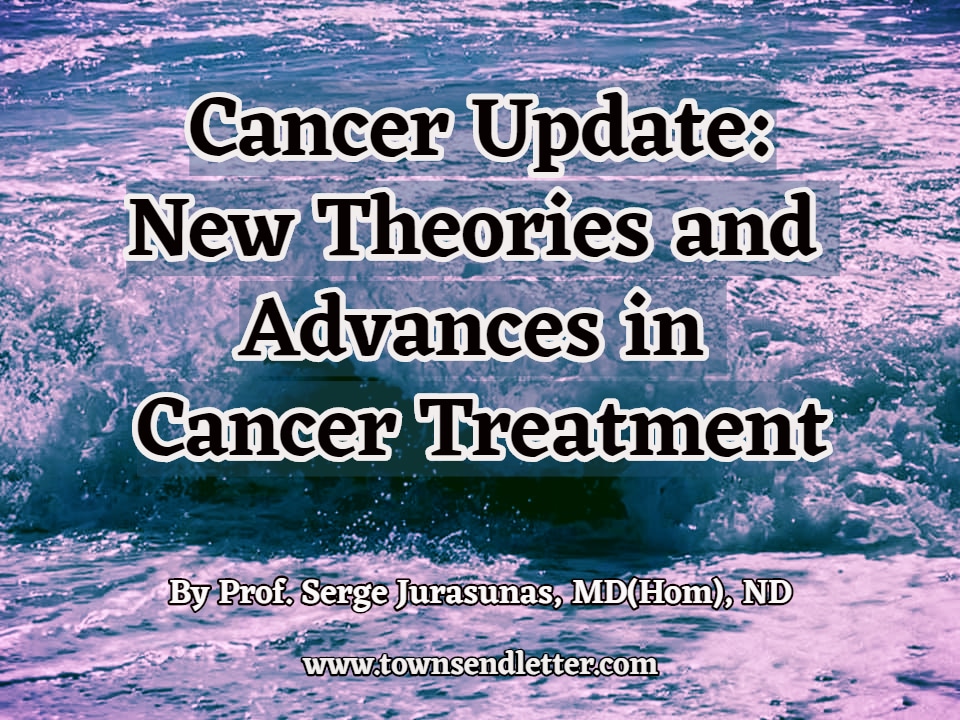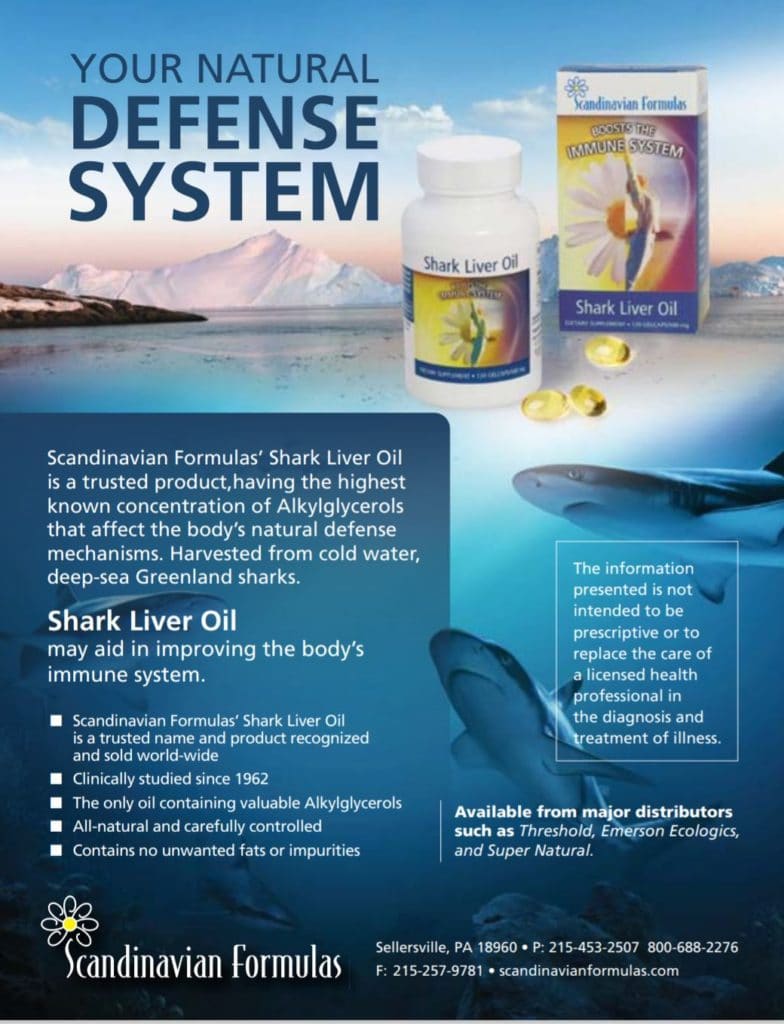…article continued…
Wade Boyle defined the difference between allopathic and naturopathic herbalism years ago in a way that might help (I paraphrase from distant memory): “The allopaths use herbs to control and suppress symptoms. Naturopaths use herbs to stimulate the patient’s Vital Force, to tonify organ systems and so to heal the patient.” A parallel distinction might apply to naturopathic cancer treatment.
We might say that allopathic physicians attempt to eradicate cancer cells while naturopathic physicians stimulate the body to fight the cancer. Every cancer patient comes to us hoping we will enlist their immune system to fight their cancer, what we might call the Holy Grail of Oncology. Yet tell a patient about the history of Coley’s toxins and how he isolated and cultivated bacteria from human excrement and used it via injection to stimulate an immune response and often as not, chemotherapy no longer sounds so bad to them. The new immunotherapy drugs, pembrolizumab is an example, that urge on the immune system to recognize cancer come with significant risks of provoking overreactions and creating autoimmune disease. Are these drugs natural in that they trigger a natural defense against cancer?
Patients come in seeing the world as black and white and wanting to choose one side over the other. So accustomed to modern political and social divisions, they expect a similar divide in our office and are drawn to online viewpoints that push for a similar medical dichotomy. Yet biology and medicine are more grey than black or white.
As physicians our obligation is to the patient’s well-being, and we must advocate for what will help them achieve both a longer and better life. We are obligated to use every tool at our disposal and enlist every resource available on behalf of our patients. To do less is to not act in their best interest. Otherwise we should stop calling ourselves physicians. I have lost my initial hesitancy about suggesting these repurposed drugs.
One approach I have found useful is to find already existing reasons for patients to take these drugs. For example, many cancer patients have type-2 diabetes. Yet few take metformin because treating diabetes has taken a backseat to treating their cancer. We check hemoglobin A1c status on all our cancer patients. The medical standard of care is to prescribe metformin for anyone with a 5.8% or higher A1c. Few patients or doctors follow these guidelines. If a patient’s results are in ‘metformin range’, it takes moments to find a study on PubMed reporting metformin’s benefit against their particular cancer.
If the patient has heartburn or gastric discomfort during chemotherapy, we explore the use of either cimetidine18 or a proton pump inhibitor such as omeprazole.19 While there is reason to be cautious about using PPIs with prostate cancer20 and with drugs that, like capecitabine, require stomach acid for absorption,21 in general PPIs relieve discomfort and bring a good argument that they may have anti-cancer action.
Most cancer patients during treatment are encouraged to keep a supply of antibiotics at home just in case. Not all antibiotics are equal when it comes to limiting cancer growth and I’ve taken to suggesting if they need to reach for one of these drugs that they try clarithromycin first.22
Many naturopathic patients have never let go of the idea that Candida overgrowth is the cause of all illness, including cancer; and with these people, it is easy to lobby for itraconazole.23 These same patients are often concerned about other types of parasites. Rather than just running an O&P, they could pretreat using mebendazole.24
If patients complain of inflammation after they are taking the anti-inflammatory supplements, like curcumin and Boswellia, they should consider diclofenac. Diclofenac is a potent inhibitor of COX-2 and prostaglandin E2 synthesis and has desirable effects on the immune system, the angiogenic cascade, chemo- and radio-sensitivity, and tumor metabolism.25
Patients with hypertension, especially those with ovarian cancer, should consider a betablocker like propranolol.26 A November 2018 study suggested betablockers positively affected ovarian cancer survival. Patients 60 or older who had taken betablockers for a year or more had a significantly better chance of outliving those not taking the betablockers. About half of the users were taking non-selective beta blockers (NSBB) while the rest were taking selective beta blockers (SBB). The NSBB acted faster, having a significant impact in about six months compared with two years for the SBB drugs to show effect. Risk of dying for those taking betablockers was about half of what it was for women not taking them.27
Artemisia has become popular and many patients are eager to be treated with it. They overlook the fact that the other antimalarial agents have stronger evidence in support and are cheaper and easier to take, in particular chloroquine or hydroxychloroquine.28
In the case of patients who display symptoms of cardiovascular disease, in particularly angina, they should protect themselves during chemo and radiation by taking nitroglycerine or a slow release nitrate.29 Then there are the PDE-5 inhibitors, angina drugs repurposed to treat erectile dysfunction, to consider.30 One can come up with creative arguments for their use.









